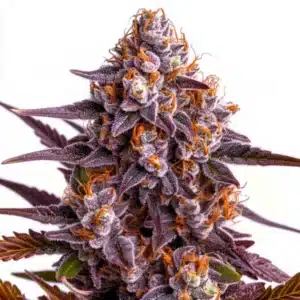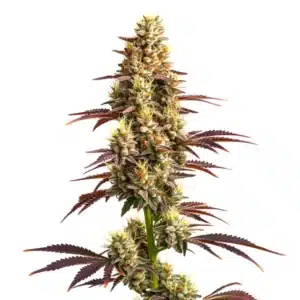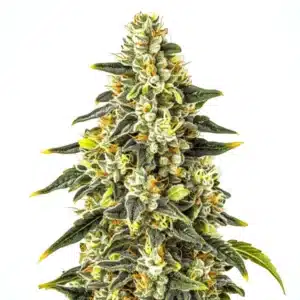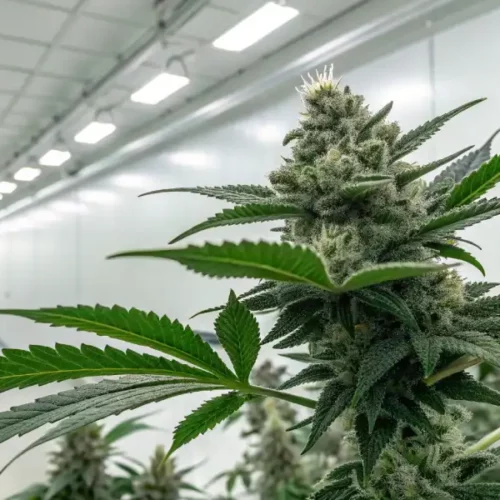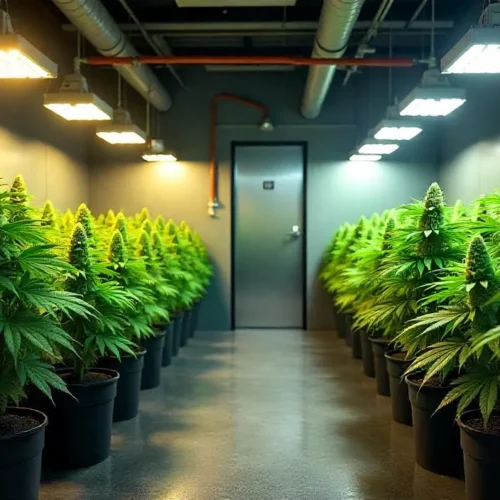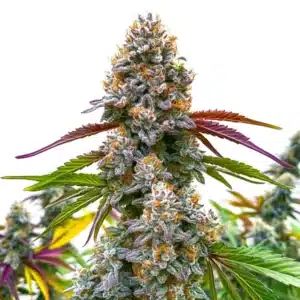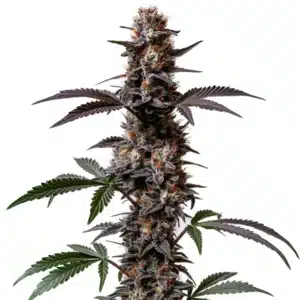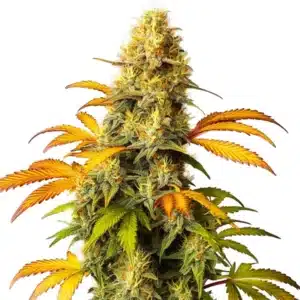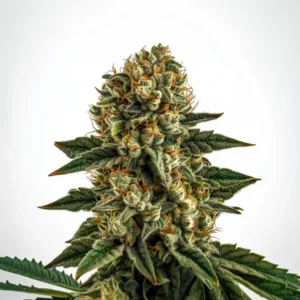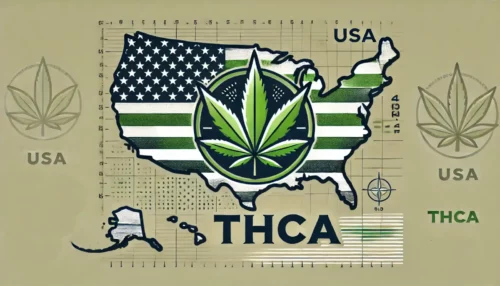Regulatory Framework in Singapore
Yes, weed is strictly illegal in Singapore for any recreational purposes. Even small amounts for personal use can result in harsh punishments, such as up to 10 years in prison, heavy fines, and even corporal punishment. If you’re caught trafficking, importing, or exporting over 500 grams, the law allows for the death penalty.
The landscape of Singapore cannabis law shapes one of the strictest drug control systems worldwide. The government classifies cannabis as a controlled substance under the Misuse of Drugs Act and assigns it a Class A status. This legal framework imposes severe penalties for possession, trafficking, and consumption. Authorities actively enforce these standards and implement stringent measures that discourage any engagement with the drug, ensuring full compliance with the established rules.
Under current measures, any possession of cannabis triggers significant legal consequences. Individuals caught with even minimal amounts face harsh repercussions, and those found with more than 500 grams encounter charges equated to trafficking. Law enforcement agencies execute vigilant surveillance and regular inspections to deter illegal activities. These active efforts reflect the nation’s commitment to maintaining a drug-free community and safeguarding public welfare.
Enforcement and Penalties
Authorities in Singapore enforce cannabis regulations with unwavering determination and efficiency. The Central Narcotics Bureau leads comprehensive operations that intercept illegal drug activities through rigorous checks, undercover operations, and frequent public awareness programs. Law enforcement officers conduct regular raids and maintain visible patrols on the streets. Such active enforcement ensures that every violation of Singapore cannabis law meets immediate and substantial repercussions.
Violators face severe penalties, including long-term imprisonment and considerable fines. For instance, even minor possession can result in a mandatory minimum sentence of five years in prison, while trafficking charges bring even harsher punishments, sometimes up to the death penalty. Government agencies continue to impose these strict measures to protect society.
Legal Consequences for Offenses
Breaking the strict rules of Singapore cannabis law produces life-altering legal outcomes. Offenders suffer penalties ranging from exorbitant fines to lengthy prison terms. The judicial framework applies uniformly to all offenders without distinguishing between medicinal and recreational use, which further intensifies the consequences for individuals who interact with cannabis. The legal system actively pursues cases, and judges impose severe measures to maintain deterrence across society.
Criminal convictions for cannabis offenses tarnish personal records, limit future employment options, and damage social relationships. Society holds deep-seated biases against drug-related offenses, and a conviction often carries long-term stigma. Communities witness lasting repercussions that extend well beyond the courtroom, emphasizing every citizen’s responsibility to abide by these strict rules.
Promos & Deals
Historical Context and Evolution
Development of Cannabis Legislation
A historical review of Singapore cannabis law reveals a long-standing commitment to public safety and health. Lawmakers enacted the Misuse of Drugs Act in 1973, establishing the foundation for current enforcement. Over the years, legislators amended this act to address new challenges while maintaining a hardened stance against cannabis. This persistent legal evolution reflects the firm convictions that still guide national policy today.
During the 1980s, the government launched extensive anti-drug campaigns targeting cannabis alongside other substances. These campaigns heightened community awareness and set the stage for the strict legal measures that followed. Societal attitudes, molded by successive public initiatives, guided legal reforms and reinforced the country’s zero-tolerance stance.
Influences on Policy Changes
Local and international trends have actively shaped the evolution of Singapore cannabis law. Global movements toward legalization and increased acceptance have sparked debates within the nation. However, local authorities maintain that public safety and stringent legal measures take precedence over any economic incentives. These pressures contribute directly to the unyielding legal structure that the government enforces without compromise.
Activists and reform proponents have attempted to introduce balanced alternatives, but they face significant resistance from policymakers. Traditional values and a constant pursuit of public welfare uphold the current strict approach. Citizens and experts alike recognize that the uncompromising nature of the law stems from a deep-seated commitment to preserving societal order.
Comparison with Regional Norms
When comparing Singapore cannabis law with regulations in neighboring countries, vast differences emerge in policy and practice. Many regions in Southeast Asia, such as Thailand, have relaxed restrictions and even promoted controlled cannabis use, particularly for medicinal purposes. In contrast, Singapore continues to enforce severe prohibitions. These disparate practices highlight a distinct cultural and political environment shaped by deeply held national values.
Nearby nations like Malaysia implement similarly strict measures, though some have begun gradually shifting their policies. However, Singapore consistently sets a higher standard by insisting on zero tolerance. This firm stance creates a clear division between the nation’s approach and the evolving drug policies of other countries, which sparks continuous debates on effectiveness.
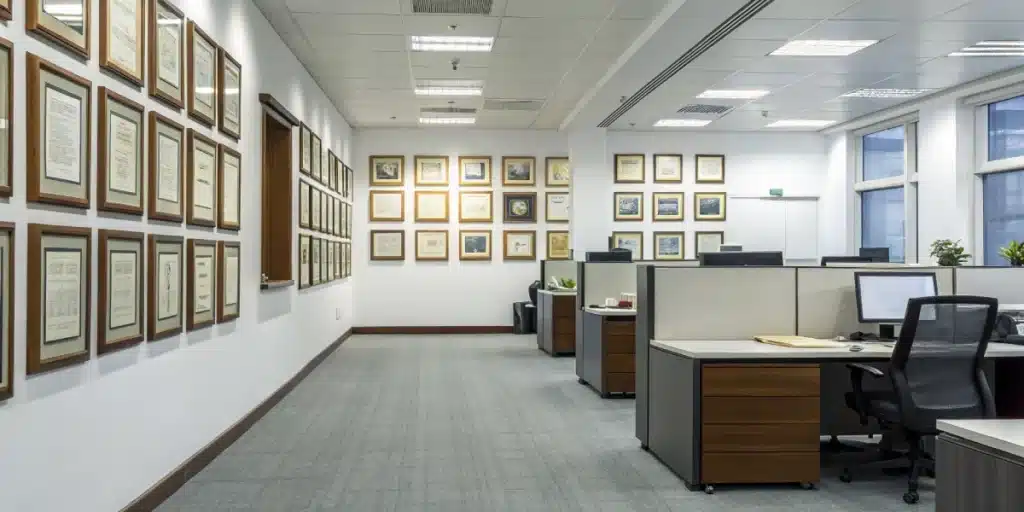
Social and Economic Impact
Public Perception and Stigma
Singapore’s stringent approach produces far-reaching social effects on public opinion toward cannabis use. The firm enforcement of Singapore cannabis law fosters a negative view of cannabis among citizens, who often associate the drug with criminal behavior and social decay. This perspective instills fear and discourages any form of engagement with cannabis. The public continuously absorbs messages that stress the dangers of drug use, further entrenching societal stigma.
The intense societal bias affects not only recreational users but also those who might benefit from medical applications. The community’s deep-rooted stigma creates challenges for open dialogue about safe therapeutic practices. This negative sentiment influences how individuals discuss and perceive cannabis in every area of life.
Economic Effects on Trade
The strict enforcement of Singapore cannabis law has notable economic consequences. Singapore misses significant revenue opportunities from the legal cannabis market, which flourishes in jurisdictions with more relaxed regulations. Economic growth potential suffers as businesses remain unable to participate in the lucrative cannabis trade. This persistent prohibition deters foreign investments and curtails entrepreneurial ventures in sectors that could benefit from regulated commerce.
In addition, government resources primarily focus on punitive actions rather than developing innovative economic solutions. Industries in pharmaceuticals, tourism, and agriculture face challenges due to stringent regulations. The ongoing economic limitations imposed by these policies continue to spark debates on the cost of prohibition in today’s global market.
Impact on Healthcare Systems
The rigid application of Singapore cannabis law deeply affects the healthcare system by limiting access to potentially beneficial treatments. Healthcare providers cannot fully explore cannabis-based therapies without fear of legal repercussions, which restricts treatment options for patients with chronic pain, epilepsy, or other conditions. Medical professionals struggle to discuss these alternatives openly and face legal barriers that hinder progressive patient care.
Patients in need of alternative treatments experience significant setbacks due to the absence of regulated, cannabis-based medicine. The hesitance from healthcare professionals and strict legal constraints leave many individuals with limited choices. This approach places considerable strain on the healthcare system and prevents the integration of innovative treatment methods that other nations have already embraced.
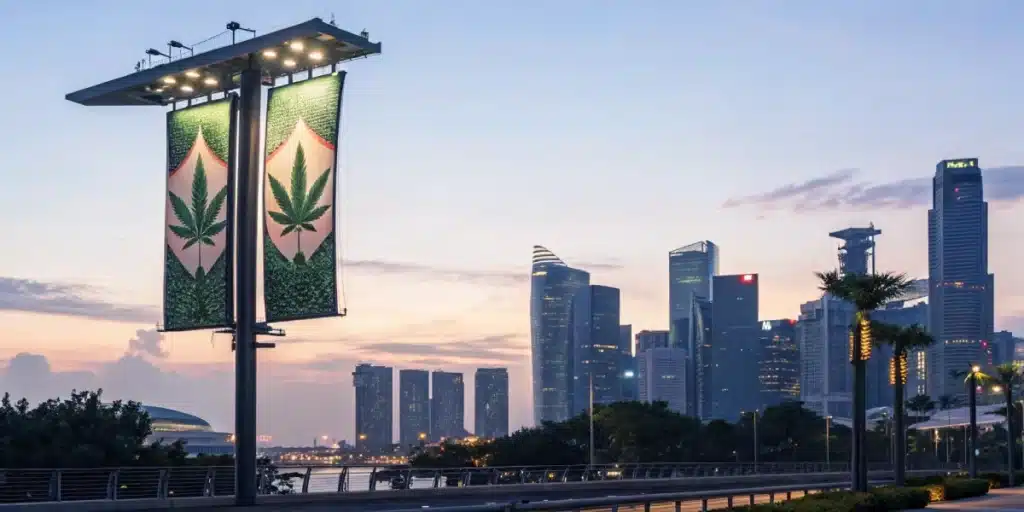
FAQs about Singapore cannabis law
What are the penalties for cannabis possession in Singapore?
Penalties for cannabis possession in Singapore remain extremely harsh. Offenders face a minimum sentence of five years in prison for even small quantities, while those caught with larger amounts confront trafficking charges that result in severe sentences. The judiciary enforces strict punitive measures to deter cannabis use and ensure public safety across the nation.
How do Singapore cannabis laws compare internationally?
Singapore enforces one of the harshest drug control policies globally. While many nations relax their regulations and allow medicinal or recreational use, Singapore maintains rigorous standards that prioritize safety above all. This tough approach creates a distinct contrast when comparing it with more lenient international frameworks.
Where can I get legal assistance regarding these laws?
Individuals in need of legal support can consult specialized law firms that focus on drug-related cases. Experienced legal professionals offer clear advice and strong representation, making them invaluable resource

